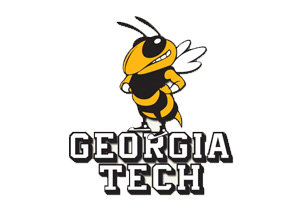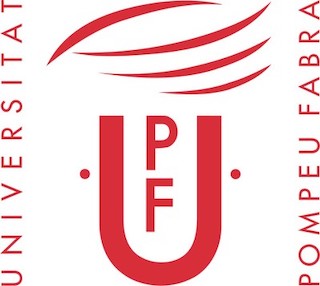Teaching
I designed and taught a few courses at the Masters level at Georgia Tech and Pompeu Fabra University as a Visiting Assistant Professor and Assistant Professor respectively.
 Georgia Tech | 2012/2013
Georgia Tech | 2012/2013
Digital Signal Processing (MUSI 6202)
Research in music, as well as music production and composition increasingly relies on sophisticated digital signal processing techniques. This course will re- view fundamental elements of digital audio signal processing, such as sinusoids, spectra, digital filters, and Fourier analysis and their application to the fun- damental music analysis problems of modeling and synthesis. We will discuss audio effects and techniques such as sinusoidal modeling, phase vocoder, reverb, chorus / flanger, pitch-shifting, time compression, etc. The class will include practical lab sessions as well as presentations of state of the art papers and student’s projects.
Music Perception and Cognition (MUSI 6001)
The course examines how humans process musical sound beginning with the basics of the human auditory system and building from this to address the experience of musical sound. The first part of the course will examine how the fundamental percepts of sound, such as loudness, pitch and timbre, arise from the audio signal while the second part of the course will discuss higher-level issues specific to music, such as melody, rhythm and music-evoked emotion as well as evolutionary and developmental perspectives on music.
Research Lab (MUSI 7101)
A hands on class that gives an overview of the state of the art in music technology research.
 Pompeu Fabra University | 2010/2012
Pompeu Fabra University | 2010/2012
Advanced Interface Design (CSIM 30853)
This course focuses on paradigms, methods and tools used in the construction of complex multimodal interfaces between users and artefacts Students will learn to build and use interfaces and artefacts that can engage subjects during perceptual/behavioural task and will be given the tools to be able to capture and measure different characteristics of the performed tasks and deliver feedback. Covering the different phases of this closed loop experience we will learn:
the basics of sensing technologies and we will learn how to use existing devices and how to build our own how transfer data through communication protocols and how to process it with examples of measures that we can extract how to deliver feedback through actuation using motors, displays, leds Robots are great tools to learn and practice sensor actuator loops. We will learn basic principles of robotic systems using a mobile Arduino based robotic platform.